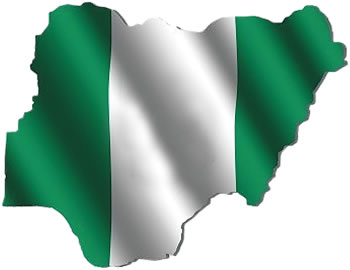

The International Monetary Fund (IMF) on Tuesday, October 9, said the growing debt profile of Nigerian and Sub-Saharan African economies could face crisis and needs to be carefully managed.
The IMF also urged the country to guard against the temptation to let higher oil prices delay reforms, warning that despite the recent recovery, oil prices are projected to remain below the 2013 peak.
It also reaffirmed the World Bank Group’s growth reversal at 1.9 per cent from 2.1 per cent for 2018 and 2.3 per cent in 2019, with 0.4 per cent up compared to April 2018 forecast.
Unveiling the World Economic Outlook titled, “Challenges to Steady Growth”, at the ongoing yearly meeting of the IMF/World Bank Group, in Bali, Indonesia.
The economic counsellor of IMF Maurice Obstfeld admitted growth rebound in Nigeria and other sub-Saharan African nations, saying the trend would be buoyed by the impact of recovering oil production and prices.
Nigeria’s growth is projected to increase from 0.8 per cent in 2017 to 1.9 per cent in 2018 and 2.3 per cent in 2019, 0.4 percentage point higher than the April 2018 forecast.
Obstfeld said: “Boosting non-oil revenues and continuing fiscal consolidation plans remain key goals for oil exporters.
“The focus should be on growth-friendly fiscal adjustment, with a shift in spending toward productive and social outlays accompanied by effective domestic revenue mobilisation, broadening of tax base and strengthening of revenue administration.
No comments:
Post a Comment